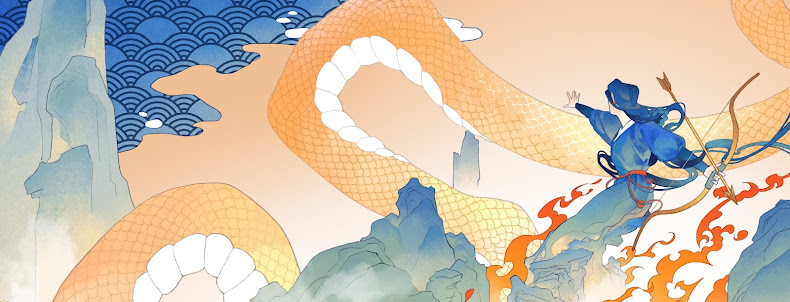I
had delayed reading this important book for a long time simply out of sheer
fear of having the atrocious scenes imprinted on my mind.
In
June 2011, I had attended a talk by Iris Chang’s mother, Dr. Ying-ying Chang, in
Vancouver about her book The Woman Who
Could Not Forget: Iris Chang Before and Beyond the Rape of Nanking. At that
event I had also seen a documentary recording the heinous acts committed by the
Japanese soldiers during the invasion and occupation of Nanking between 1937
and 1938. (As mentioned in this book, the film documentary was produced by Rev.
John Magee, an American missionary.) So I was mentally prepared going into The Good Man of Nanking. Still, I found
myself consciously skimming the photos in the book as best as I could.
I
had not previously read Iris Chang’s The
Rape of Nanking, the research of which in fact relied heavily on these
diaries, which were not published as a book until forty-nine years after John
Rabe’s death in 1949. The fact that John Rabe had not intended for his diaries
to be published (he had only meant them for his family members’ reading) adds
to the value of the book as an authentic and unassailable true account of what
really happened, without any hidden agenda. The plain, sometimes emotional, but
always from the heart, monologue style of writing, while speaking to readers’
mind and soul, gives good insight into the selfless and compassionate character
of this good-hearted German. The monstrosities that he had to try to deflect
from some 250,000 Chinese refugees were in ironic contrast to the humanitarian
efforts of a handful of Westerners including him who happened to be in Nanking.
The
first entry was made on September 21, 1937 and the last one was dated February
28, 1938.
This
January 25, 1938 entry gives a good idea of the gist of the events on record:
“There is one case that we don’t record:
A Chinese worker, who has worked all day for the Japanese, is paid in rice
instead of money. He sits down in exhaustion with his family at the table, on
which his wife has just placed a bowl of watery rice soup: the humble meal for
a family of six. A Japanese soldier passing by plays a little joke and urinates
in the half-full rice bowl and laughs as he goes his merry way.
The incident made me think of the poem
“Lewwer duad us Slaav” (“Better Dead than a Slave”), but one simply can’t
expect a poor Chinese worker to behave like a free Frisian. The Chinese are far
too downtrodden, and they patiently submitted to their fate long ago. It is, as
I said, an incident that is given the scantest notice. If every case of rape
were revenged with murder, a good portion of the occupying troops would have
been wiped out by now.”
After
Rabe and his wife returned to Germany in April 1938, they went through days of
hunger and destitution in 1945 and 1946. When the Chinese Military Mission in
Berlin made him an offer to resettle in China in exchange for appearing as a
witness for the prosecution at the Tokyo war crimes tribunal, Rabe declined.
In
a message he left for his grandchildren, he explained: “I didn’t want to see
any Japanese hang, although they deserved it…..There must be some atonement,
some just punishment; but in my view the judgment should be spoken only by
their own nation.”
